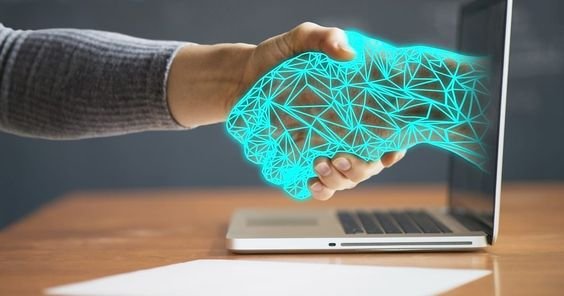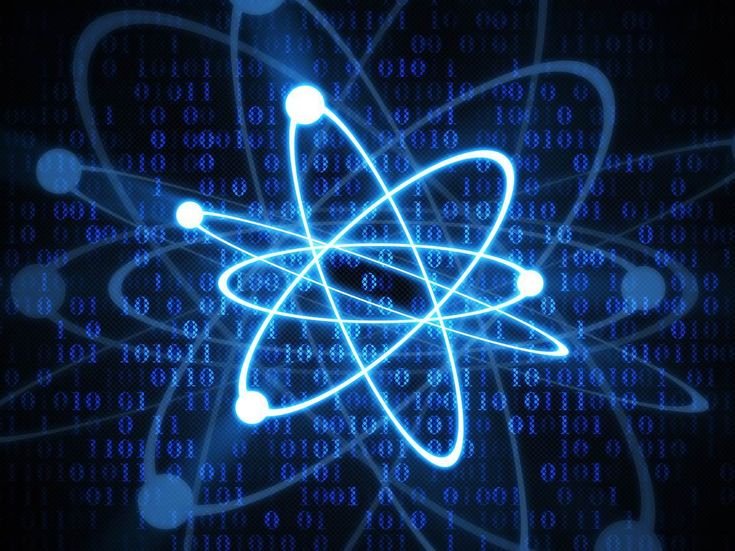
The convergence of artificial intelligence (AI) and quantum computing represents a promising frontier in the realm of technology. Both AI and quantum computing are revolutionary in their own right; AI focuses on creating intelligent systems capable of performing tasks that typically require human intelligence, while quantum computing leverages the principles of quantum mechanics to perform computations at unprecedented speeds. The integration of these two fields has the potential to transform various industries, from healthcare and finance to cryptography and beyond. However, realizing this potential also presents significant challenges. This article explores the potential of AI in quantum computing, along with the challenges that must be addressed to harness this transformative power.
Potential of AI in Quantum Computing
Accelerated Machine Learning
Quantum computing has the potential to accelerate machine learning algorithms by performing computations much faster than classical computers. Quantum algorithms, such as the quantum Fourier transform and Grover’s algorithm, can potentially solve complex optimization problems and process large datasets more efficiently. This capability could lead to significant advancements in machine learning tasks, such as training deep neural networks, optimizing hyperparameters, and finding patterns in large datasets.
Enhanced Data Processing
Quantum computers can process and analyze vast amounts of data more quickly than classical computers. This enhanced data processing capability can be particularly beneficial in fields such as healthcare, where analyzing large datasets, such as genetic information or medical records, can lead to new insights and personalized treatments. AI algorithms running on quantum computers could help identify correlations and make predictions that are currently beyond the reach of classical systems.
Quantum Neural Networks
Quantum neural networks (QNNs) are a promising area of research that combines quantum computing with neural network architectures. QNNs have the potential to solve problems that are currently intractable for classical neural networks. For example, QNNs could be used for quantum chemistry simulations, financial modeling, and solving complex differential equations. The ability to perform computations in parallel using quantum superposition and entanglement could enable QNNs to achieve higher accuracy and efficiency.
Improved Cryptography and Security
Quantum computing poses both opportunities and threats to cryptography. While quantum computers could potentially break traditional cryptographic schemes, they also offer the possibility of creating new, quantum-resistant cryptographic methods. AI algorithms can aid in the development of these new cryptographic techniques, ensuring secure communication and data protection in the quantum era. Additionally, AI-powered quantum computers could enhance cybersecurity by detecting and mitigating threats in real-time.
Drug Discovery and Material Science
Quantum computing has the potential to revolutionize drug discovery and material science by simulating molecular interactions at the quantum level. AI algorithms can assist in predicting the behavior of complex molecules, accelerating the discovery of new drugs and materials. This capability could lead to breakthroughs in medicine, energy storage, and manufacturing.
Challenges in AI and Quantum Computing Integration
Hardware Limitations
Quantum computing is still in its early stages, and current quantum hardware faces significant limitations. Quantum computers require highly controlled environments to maintain qubits (quantum bits) in a coherent state. Issues such as decoherence, noise, and error rates limit the reliability and scalability of quantum systems. Building fault-tolerant quantum computers with sufficient qubits to outperform classical computers remains a major challenge.
Algorithm Development
Developing quantum algorithms that can effectively leverage quantum computing’s potential is a complex task. While there are some known quantum algorithms with clear advantages over classical algorithms, many AI problems do not yet have efficient quantum counterparts. Bridging this gap requires significant research and innovation in quantum algorithm development, as well as a deep understanding of both quantum mechanics and AI.
Data Input and Output
Quantum computers operate differently from classical computers, making data input and output (I/O) a challenging aspect. Translating classical data into quantum states and vice versa can be resource-intensive and time-consuming. Additionally, quantum measurements can only provide probabilistic outcomes, complicating the interpretation of results. Developing efficient methods for quantum data encoding and decoding is essential for practical AI applications on quantum computers.
Integration with Classical Systems
For the foreseeable future, quantum computers will likely work alongside classical computers rather than replace them. Integrating quantum and classical systems presents challenges in terms of data transfer, synchronization, and workflow management. Hybrid quantum-classical algorithms and systems must be developed to leverage the strengths of both computing paradigms.
Skill Shortage and Interdisciplinary Expertise
The integration of AI and quantum computing requires expertise in both fields, as well as knowledge of quantum mechanics, computer science, and mathematics. The current shortage of skilled professionals with expertise in these areas poses a challenge to advancing research and development. Promoting interdisciplinary education and collaboration is crucial for building the necessary talent pool.
The Road Ahead: Overcoming Challenges and Realizing Potential
Despite the challenges, the potential benefits of integrating AI with quantum computing are immense. Several steps can be taken to advance this field and overcome existing obstacles:
1. Investment in Research and Development: Continued investment in quantum hardware development, quantum algorithms, and AI research is essential. Public and private funding can accelerate breakthroughs and bring quantum computing closer to practical applications.
2. Development of Quantum-Resistant Cryptography: As quantum computing advances, the development of quantum-resistant cryptographic algorithms will be critical for ensuring data security. Collaboration between cryptographers and quantum computing experts can help design and implement new cryptographic standards.
3. Focus on Hybrid Quantum-Classical Systems: Developing hybrid systems that combine classical and quantum computing can maximize the strengths of both paradigms. Research in hybrid algorithms and architectures can pave the way for more practical and efficient quantum computing solutions.
4. Education and Workforce Development: Promoting interdisciplinary education and training programs can help build a skilled workforce capable of tackling the challenges of AI and quantum computing. Universities, research institutions, and industry leaders should collaborate to offer specialized courses and research opportunities.
5. Collaboration and Open-Source Initiatives: Collaboration between academia, industry, and government can accelerate progress in AI and quantum computing. Open-source initiatives can foster innovation and knowledge sharing, allowing researchers and developers to build on each other’s work.
Conclusion
The integration of AI and quantum computing holds the promise of transforming various industries and solving complex problems that are currently beyond the reach of classical computing. However, realizing this potential requires overcoming significant technical, theoretical, and practical challenges. By addressing these challenges through continued research, collaboration, and innovation, the future of AI and quantum computing can be both exciting and impactful. As these technologies continue to evolve, their combined power could lead to unprecedented advancements in science, technology, and society.
ALSO READ: Real-Time Data Processing and Analytics








